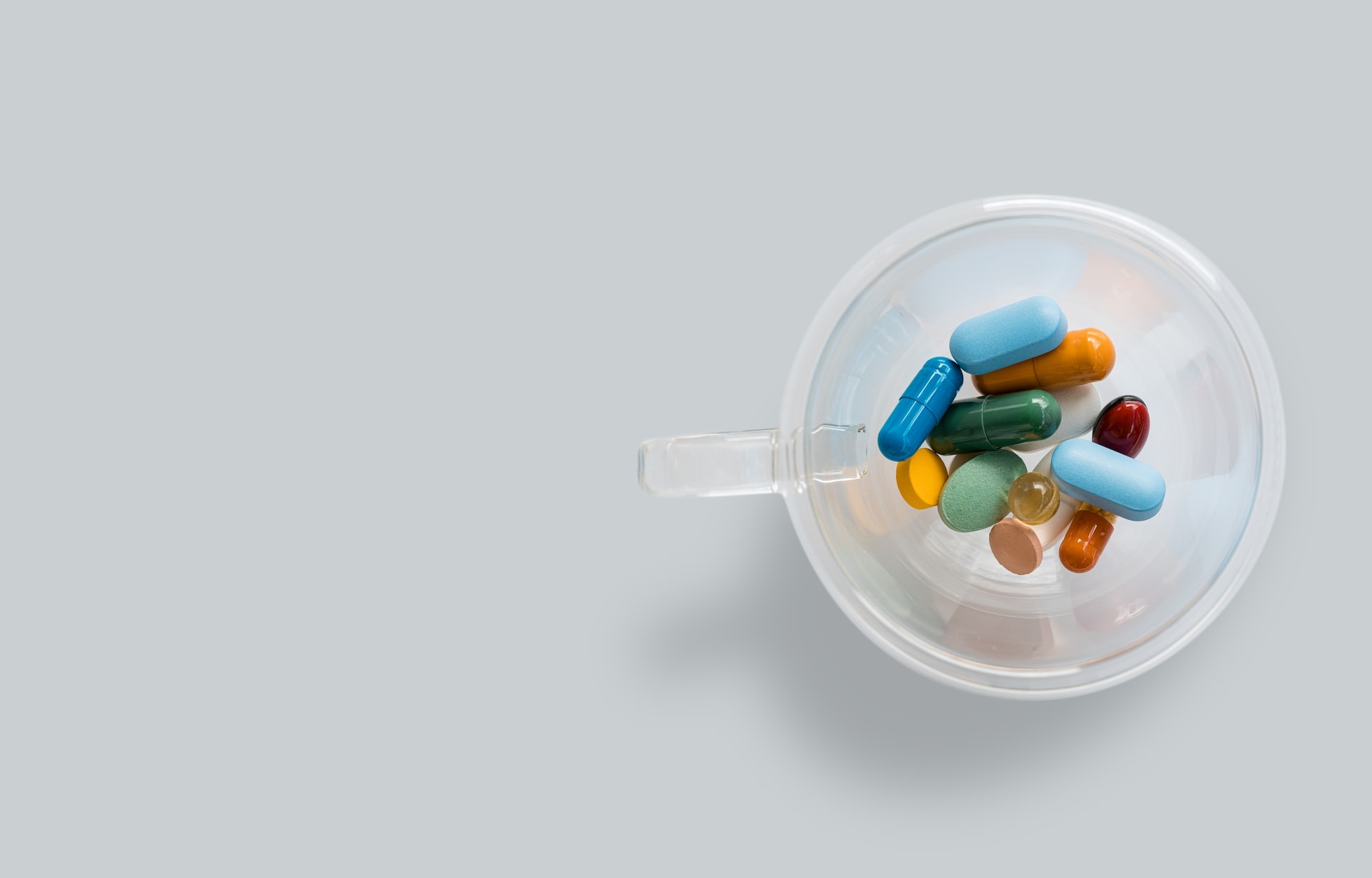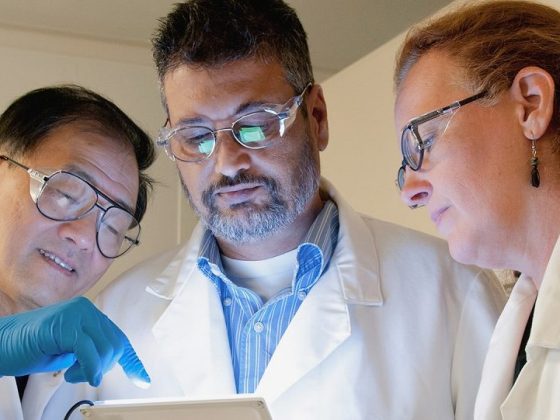We would expect people with depression to feel better if they took antidepressants. Surprisingly, a huge study that examined 17.5 million adults diagnosed with depression each year between 2005-2016 concluded that they don’t.
According to the study, “The real-world effect of using antidepressant medications does not continue to improve patients’ Health Related Quality of Life (HRQoL) over time.” Moreover, the study concludes that “Future studies should not only focus on the short-term effect of pharmacotherapy [treatment by medications], it should rather investigate the long-term impact of pharmacological and non-pharmacological interventions on these patients’ HRQoL.” Clearly, depression cannot be cured with drugs. The only solution to it is to deal with the root cause of depression; nothing else will help.
“Emotional satisfaction, the lack of which causes depression, is the result of one’s connection with the root of life, the origin that vitalizes everything around us. Just as we do not feel the oxygen in the air, but immediately feel when its concentration declines, we do not feel that we are connected to the root of life, but we most certainly feel when we are disconnected from it.”
Drugs are chemicals that can affect our feelings. However, emotional satisfaction is far more than a temporary feeling that fades when the concentration of a drug in the blood drops. Emotional satisfaction, the lack of which causes depression, is the result of one’s connection with the root of life, the origin that vitalizes everything around us. Just as we do not feel the oxygen in the air, but immediately feel when its concentration declines, we do not feel that we are connected to the root of life, but we most certainly feel when we are disconnected from it.
The root of life is a vital force that generates and sustains everything around us. It maintains a dynamic balance between two opposites that we can generally relate to as giving and receiving. These opposites manifest differently on every level: night and day, spring and fall, life and death, love and hate, and so forth.
When we are disconnected from it, we feel disoriented, insecure, and aimless. Imagine being out in space with nothing all around you, not even stars or planets to show you where you are. You can breathe, but nothing you do has any effect. When we are on Earth, tremendous pressures operate on our bodies from the air, gravity pulls our bodies downwards, the changing weather and hours of the day dictate what we do, and the people around us force us to act and think in ways we would not otherwise choose to act and think were it not for social pressures. However, precisely these pressures and counter pressures we create from within make us feel alive and vital. They give us direction, spur our actions, and enable us to evaluate our lives.
When we become too concentrated on ourselves, we lose contact with others, our human and social connections break down, and our most valuable channel for connection with the root of life, that vital force, becomes blocked. This is why people without healthy social ties do not feel vitalized although there is nothing physically wrong with them.
“When we become too concentrated on ourselves, we lose contact with others, our human and social connections break down, and our most valuable channel for connection with the root of life, that vital force, becomes blocked. This is why people without healthy social ties do not feel vitalized although there is nothing physically wrong with them.”
The more we develop, the more we need emotional satisfaction. If previously, we needed social connections primarily in order to satisfy our survival needs, such as food and work, modernization has made securing our physical well-being relatively easy. As a result, our social ties have changed their purpose, and instead of securing our survival, they provide us with a reason to survive. Instead of diminishing their meaning, they have become the very meaning of our lives.
It has been shown in countless studies that a person with good social ties is far happier and far less prone to depression than a more introverted person. Again, it is the interaction of pressure and counter-pressure that makes us feel alive and gives us a sense of purpose and direction. The cure for depression, therefore, is not in drugs, which have no effect on our social connections, but in building meaningful social connections that will give us emotional satisfaction.
This does not mean that we should all have many friends or that we should not be alone. Our natural disposition to sociability or privacy should remain. However, every person, however private, needs social connections. Our purpose is to make the ties we do have meaningful.
“The only way to improve our quality of life is by having as many views as possible within the same society, and maintain the cohesion of society while keeping all those different views “alive and kicking.” This will keep us connected to that root of life, to the contradictions that give life direction and meaning, and that provide us with emotional satisfaction.”
Our social connections should be such that we support each other and encourage each other to realize our potential. We should learn to see the differences between us not as causes for separation, but as perspectives that enrich us with views we would not come to by ourselves. Just as the night gives meaning to the day, an opposite opinion to mine gives meaning to my own opinion.
Think, for example, of democracy. What would be the meaning of the word if everyone had the same political opinion?
Therefore, the only way to improve our quality of life is by having as many views as possible within the same society, and maintain the cohesion of society while keeping all those different views “alive and kicking.” This will keep us connected to that root of life, to the contradictions that give life direction and meaning, and that provide us with emotional satisfaction.











